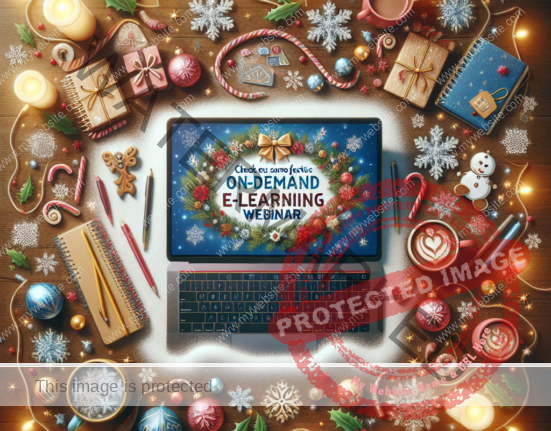Perspective on Mastering Remote Team Project Management by an eLearning Developer
Being an eLearning developer, I value the significance of efficient management of remote team projects in today’s digital era. This piece offers insightful strategies for project managers to effectively handle remote teams. Let’s delve into the key points discussed in the article and see how they can be applied to the eLearning sector.
Clarity in Expectations is Crucial
The article emphasizes the importance of setting clear expectations for remote teams, a vital strategy in the eLearning development process. By ensuring that everyone comprehends their roles, deadlines, and duties, eLearning projects can progress smoothly towards meeting their goals. The use of task management tools aids in monitoring progress and maintaining alignment throughout the project.
Essential Communication Tools
Communication plays a pivotal role in remote team management, and this applies to eLearning development projects as well. Employing appropriate tools for video calls, instant messaging, and file sharing can streamline communication and collaboration among team members. Consistent use of these tools ensures smooth progress in eLearning projects.
Focus on Outcomes Rather Than Hours
In the eLearning industry, prioritizing outcomes over hours worked is fundamental for success. Remote work often allows for flexible working hours, making it crucial for project managers to emphasize deliverables and meeting deadlines rather than monitoring work hours. This approach enhances productivity and efficiency in eLearning development projects.
Transformation of Remote Team Management through Low-Code/No-Code Platforms
The article also highlights the significance of utilizing low-code/no-code (LC/NC) platforms in efficient remote team management. As an eLearning developer, I can vouch for the benefits of these platforms in creating captivating and interactive courses for learners. Let’s explore how LC/NC platforms can elevate eLearning development projects:
Accelerated Development Process
LC/NC platforms enable eLearning developers to swiftly create project-specific tools and modify workflows, thereby reducing the time taken to develop courses. This flexibility is crucial in meeting the changing needs of learners and organizations in the eLearning sphere.
Promoting Collaboration
Collaboration is key in eLearning development, and LC/NC platforms facilitate team members working together on creating applications and automating processes. This promotes a culture of teamwork and innovation, resulting in more effective and engaging eLearning solutions for learners.
Automation of Routine Tasks
Automation of repetitive tasks in eLearning projects using LC/NC platforms allows developers to focus on critical decision-making processes, leading to the production of higher-quality courses and a more efficient workflow.
Conclusion: Empowering Remote Team Project Management in the eLearning Industry
In conclusion, effective management of remote teams in the eLearning industry is attainable by implementing appropriate strategies and tools. By focusing on clear communication, setting expectations, and utilizing technology like LC/NC platforms, eLearning developers can create engaging and impactful courses for learners. Acknowledging achievements, fostering collaboration, and emphasizing outcome-oriented approaches are crucial in maintaining high morale and productivity in remote eLearning teams.
For further reading on this topic, visit the source: Remote Team Project Management – eLearning Industry
















